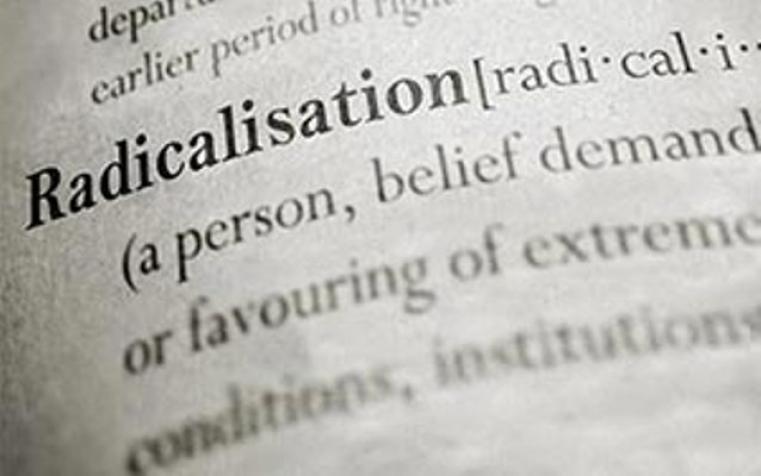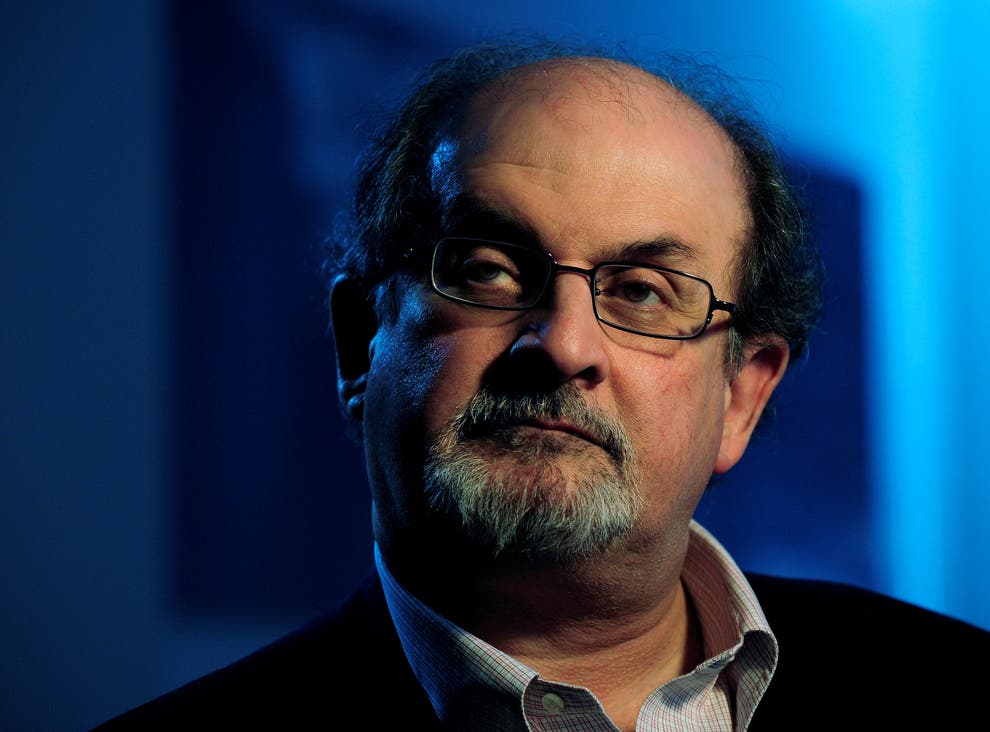A January article on www.theatlantic.com reports on the emerging details of “both the extent of American involvement in the upper echelons of [ISIS] and the role of recruitment and mobilization networks in the country”[1]. The authors write that, while they do not operate on as great a level as their European counterparts, jihadist recruitment networks play a significant role in the United States, despite the fact that the idea of the ‘lone wolf’ attacker dominates discussion of ISIS’s presence in the country[2]. As ISIS’s physical presence wanes, the authors question the influence that returning American recruits to ISIS could have on those in the U.S. who may be sympathetic to their cause, citing that many of these recruits themselves had connections with other ISIS supporters prior to departing to join the group[3].
As an illustration of the importance of these connections, the article uses the case study of Zulfi Hoxha, “the son of an Albanian-American pizza-shop owner from New Jersey”, who in his mid-twenties has become a senior commander in ISIS, and was allegedly supported in his travel to join the group by several American ISIS supporters who are now facing prosecution[4]. One of these individuals, David “Daoud” Wright was, in December 2017, sentenced to 28 years in federal prison for assisting Hoxha[5], and the article discusses how their relationship developed[6]. The two met online, and the authors state that “[w]hile it is often tempting to assume that individuals are “radicalized online” through their consumption of propaganda, this is rarely the case”. Instead, the internet facilitates entry into pre-existing radicalization networks which then provide a social, ideological, moral, logistical, and financial network of support in joining radical groups such as ISIS[7]. The article concludes, in relation to these networks, that “Islamic State’s American commanders may be limited in number – but the trajectory of the group shows that small numbers can wreak great damage”[8].
[1] Hughes, Meleagrou-Hitchens, and Clifford, 2018.
[2] Hughes, Meleagrou-Hitchens, and Clifford, 2018; see also CNN Library, 2017.
[3] Hughes, Meleagrou-Hitchens, and Clifford, 2018.
[4] Hughes, Meleagrou-Hitchens, and Clifford, 2018; see also McCoy, Purcell, and Hefler, 2018.
[5] See also Cramer, 2017.
[6] Hughes, Meleagrou-Hitchens, and Clifford, 2018.
[7] Hughes, Meleagrou-Hitchens, and Clifford, 2018; see also Alarid, 2016 (and Center for Complex Operations, no date).
[8] Hughes, Meleagrou-Hitchens, and Clifford, 2018.
Sources
Alarid, M. (2016) ‘Impunity: CHAPTER 13: Recruitment and Radicalization: The Role of Social Media and New Technology’. [online] 24 May. http://cco.ndu.edu/Publications/Books/Impunity/Article/780274/chapter-13-recruitment-and-radicalization-the-role-of-social-media-and-new-tech/#footnote-214. [Accessed 22 January 2018].
Center for Complex Operations. (no date) ‘About CCO’. [online] http://cco.ndu.edu/About/. [Accessed 22 January 2018].
CNN Library. (2017) ‘US Terrorist Attacks Fast Facts’. [online] 18 December. http://edition.cnn.com/2013/04/18/us/u-s-terrorist-attacks-fast-facts/index.html. [Accessed 22 January 2018].
Cramer, M. (2017) ’Man convicted in terrorism plot sentenced to 28 years.’ [online] 19 December. https://www.bostonglobe.com/metro/2017/12/19/man-convicted-terrorism-plot-sentenced-years/dUGdLtwm0DlIKiJQvqfObM/story.html. [Accessed 22 January 2018].
Hughes, S., Meleagrou-Hitchens, A., and Clifford, B. (2018) ‘A New American Leader Rises in ISIS’. [online] 13 January. https://www.theatlantic.com/international/archive/2018/01/isis-america-hoxha/550508/. [Accessed 22 January 2018].
McCoy, C.R., Purcell, D., and Hefler, J. (2018) ‘From Atlantic City High to ISIS: the path of a homegrown terrorist’. [online] 19 January. http://www.philly.com/philly/news/nation_world/american-isis-commander-atlantic-city-margate-zulfi-hoxha-2-20180119.html. [Accessed 22 January 2018].
Wiktorowicz, Q. and Amanullah, S. (2015) ‘How tech can fight extremism’. [online] 17 February. http://edition.cnn.com/2015/02/16/opinion/wiktorowicz-tech-fighting-extremism/index.html. [Accessed 22 January 2018].






